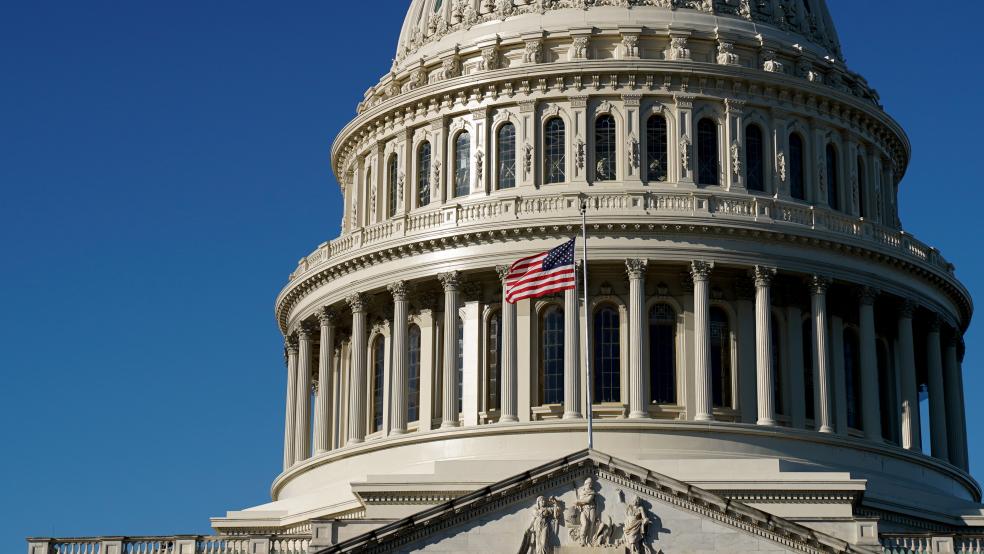The Senate on Tuesday evening voted 64-34 to advance legislation to provide billions of dollars in assistance to the U.S. semiconductor industry.
“After 16 Republican senators voted in support of the measure, Senator Chuck Schumer, Democrat of New York and the majority leader, restored to the legislation a host of critical research and development measures that had previously been sidelined,” The New York Times reports. “In an unusual exercise, Mr. Schumer had said he would add the provisions only if the bill drew 60 votes, indicating that it could survive a filibuster and move to passage in the Senate.”
Thirty-three Republican senators and Sen. Bernie Sanders (I-VT) voted no.
Tuesday’s bipartisan vote outs the Senate on track to pass a broader package that would reportedly pour some $250 billion into the semiconductor industry and other technological research and development. That package is actually a scaled-back version of earlier legislation meant to improve U.S. competitiveness with China that stalled out as the House and Senate approved rival measures.
The latest package is expected to pass the Senate by next week. Speaker Nancy Pelosi (D-CA) said Wednesday that she’s optimistic the House will be able to vote on the bill as early as next week. In a letter to colleagues, she called the legislation “a major victory for American families and the American economy” and “a bold, bipartisan package that will lower costs for families here at home while reigniting American competitiveness on the world stage.”
The package contains:
* $52.7 billion in subsidies and tax credits for U.S. chip makers, including $39 billion to build, expand, or modernize domestic manufacturing facilities and related research and development and $11 billion for Commerce Department R&D programs;
* a 25% tax credit, reportedly estimated to be worth about $24 billion, for investments in semiconductor manufacturing;
* $1.5 billion for 5G mobile broadband deployment;
* “guardrails” that prohibit companies from using funds from the program for stock buybacks or dividend payments or for building semiconductor facilities on China or other countries that “present a national security concern.”
Some GOP objections: Republican Senator Rick Scott (R-FL) criticized the bill to Reuters, saying taxpayers should get a return on their investment rather than providing grants to industry that don’t require repayment. "The taxpayer doesn't get anything here," Scott told Reuters. And Sen. Ron Johnson (R-WI) reportedly called the semiconductor provisions in the bill "corporate welfare."
In a similar vein, billionaire investor John Arnold tweeted: “Just baffled how a $50 billion corporate welfare bill just passed with 64 Senate votes without a peep about paying for it.”





